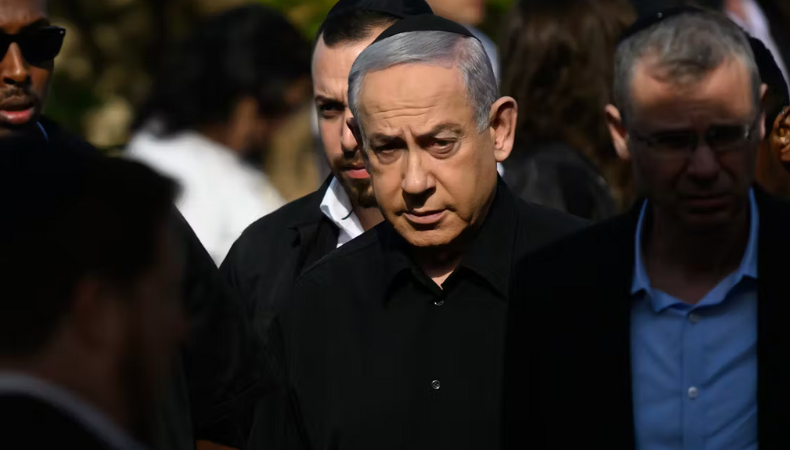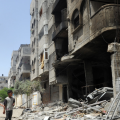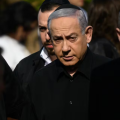Israeli Officials Point Fingers at Netanyahu Over Prisoner Exchange Impasse

Particularly given Prime Minister Benjamin Netanyahu’s strong posture on several “nonnegotiable” demands, the latest deadlock in the prisoner swap discussions between Israel and Hamas has attracted major attention. Understanding the subtleties of Netanyahu’s position and how they affect the current crisis is vital as these high-stakes talks pick back up.
The Four Needs
Netanyahu’s demand that any agreement must let Israel go back to fight until its war goals are met emphasizes the careful balance between preserving military readiness and attaining peace.
This demand shows a strategic posture meant to guarantee Israel keeps the freedom to handle continuing security concerns. Stopping firearm smuggling is another crucial security issue. Cutting off armaments movement at the Gaza-Egypt border will help Netanyahu degrade Hamas’s military might and lower the possibility of future wars.
Furthermore underlining Israel’s more general security issues is Netanyahu’s resistance to the return of thousands of armed terrorists to the northern Gaza Strip. Maintaining regional stability and safeguarding Israeli people depends on keeping these fighters from regrouping and rearmaments from happening. The objective of returning as many live hostages from Hamas captivity represents maybe the most emotionally laden of Netanyahu’s demands. Families eagerly awaiting word of their loved ones’ safe return highlight the urgency and value of this demand.
Change in Hamas’s Perspective
One significant change in the negotiations is Hamas’s increasing openness to talk about a settlement free of an upfront pledge to a “complete and permanent ceasefire.” This change implies a possible opening for development and indicates a major divergence from past negotiating strategies. Still, prudence is crucial as the fundamental conflicts and mistrust among the parties still exist.
Keep On Reading
Notes: Political Pressure and Double Standards
The words of Netanyahu highlight issues regarding Europe’s selective administration of justice. Although acts in conflict areas are under constant scrutiny by the international community, there seems to be inconsistency in handling the behavior of certain players. For example, why target leaders like al- Assad yet maybe ignoring Israeli activities in Gaza? This apparent double standard hinders diplomatic efforts and erases the legitimacy of international judicial systems.
The Hostages and Missing Families Forum is pushing Netanyahu domestically to get an agreement right away. Families want for reunions and the safe return of their loved ones, hence the emotional weight of this issue cannot be disregarded. The Prime Minister has to negotiate this difficult balance between national security concerns and the humanitarian need of freeing hostages.
Commentary
Netanyahu’s demands in this high-stakes negotiation will help to determine the fate of captives and the precarious calm in Gaza. Reflecting a complex interaction of military strategy, security concerns, and humanitarian considerations, his strong posture on preserving the right to restart fighting, stopping arms smuggling, limiting the return of armed terrorists, and maximizing captive returns reflects The result of these negotiations will have far-reaching effects for the stability of the area and the way of life of those caught in the crossfire, while the world observes attentively.







